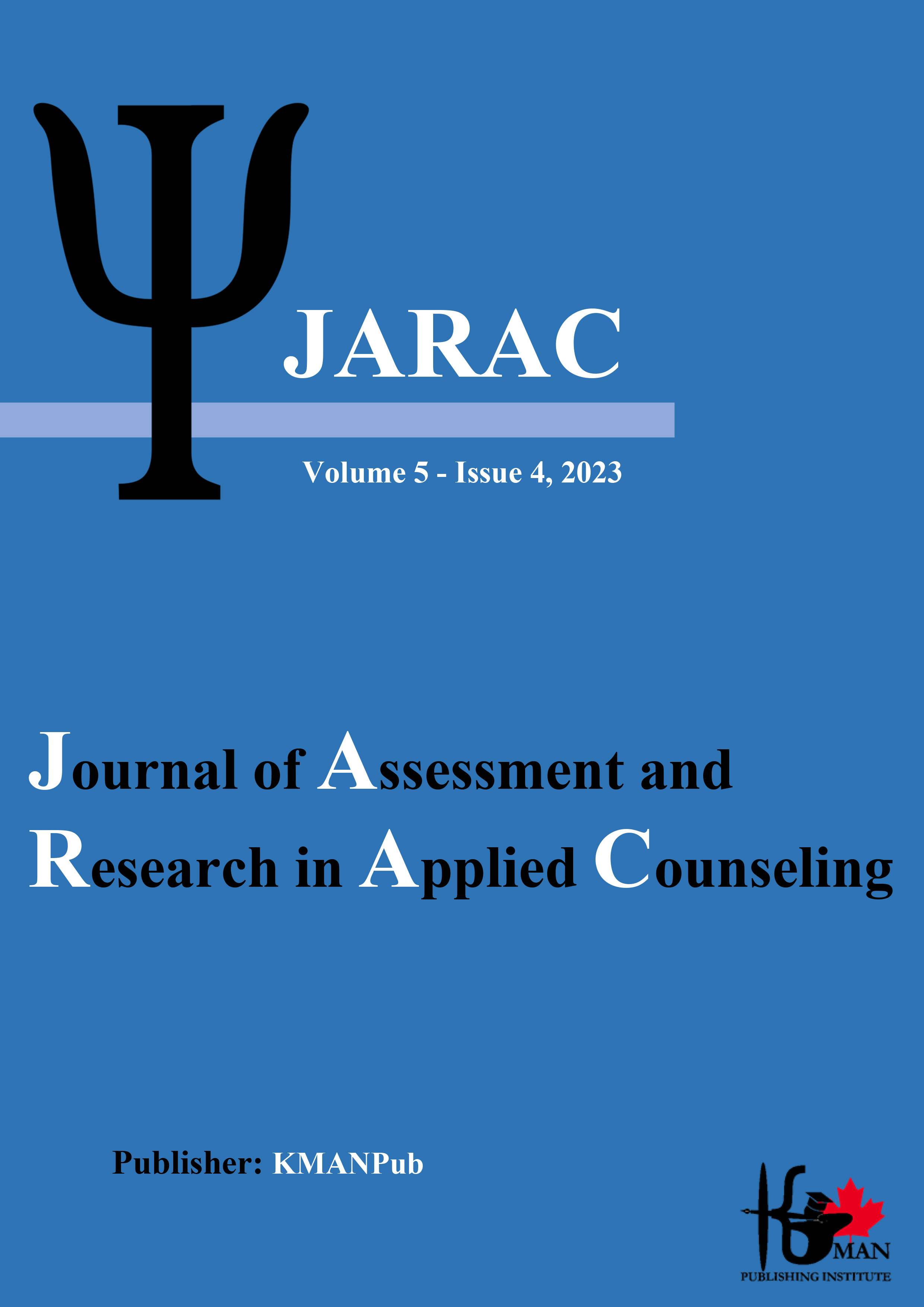Structural Model of the Relationship between Resilience and Mental Health in Parents of Children with Cancer with the Mediating role of Cognitive Emotion Regulation Strategies
Abstract
Objective: The present study aimed to provide a structural model of the relationship between resilience and the psychological well-being of parents of children with cancer, with the mediating role of cognitive emotion regulation strategies.
Materials and Methods: The study population included all parents of children with cancer under the care of the Mahak Institute in the year 2022, whose children were undergoing chemotherapy, radiation therapy, hormone therapy, or were in the treatment process. A total of 250 participants were selected through convenience sampling, and eventually, 236 completed questionnaires were eligible for analysis. The primary data for this study were collected using the Connor and Davidson Resilience Scale (2003), the General Health Questionnaire by Goldberg and colleagues (1972), and the Emotion Regulation Questionnaire by Garnefski et al. (2001). Descriptive statistics (central indices, dispersion) and inferential statistics (structural equation modeling) were used for data analysis.
Findings: The results of the study, through correlation and regression analysis, indicated that the structural model of the relationship between resilience and psychological well-being, with the mediating role of cognitive emotion regulation strategies, fits well in parents of children with cancer.
Conclusion: According to the results, since there is no difference in the effectiveness of virtual reality exposure therapy and cognitive-behavioral therapy, both can be applied to reduce obsession syndromes amongst people with the disorder.
Downloads
Downloads
Published
Issue
Section
License
Copyright (c) 2023 Soheila Rezaei, Leila Kashani Vahid, Maryam Asaseh, Gholamali Afrooz, Babak Shekarchi (Author)

This work is licensed under a Creative Commons Attribution-NonCommercial 4.0 International License.















